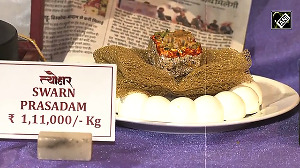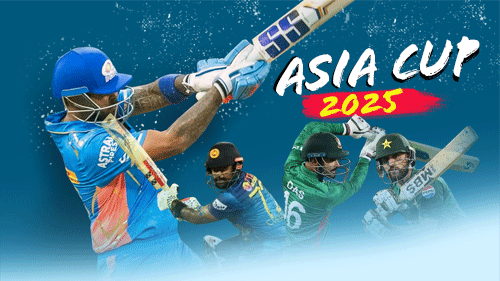Players at the Rugby World Cup will be tested as early as next week for the designer anabolic steroid tetrahydrogestrinone (THG), tournament officials have announced.
Rugby's anti-doping body said all samples taken during the remainder of the tournament would be tested for the newly-discovered drug and possibly some samples already taken would be re-tested.
"The test will be applied to all new samples collected and may extend to samples already collected as part of the RWC (Rugby World Cup) anti-doping programme," officials said in a statement on Thursday.
The decision to start immediate testing, followed an announcement by the World Anti-Doping Agency (WADA) that 30 IOC-accredited laboratories worldwide had been provided with details on how to detect the drug.
The Australian Sports Drug Agency has been appointed to test players at the World Cup at Sydney's IOC-accredited laboratory, which was used for the 2000 Olympics.
The discovery of THG has already struck at the heart of athletics and anti-doping crusaders are already targeting other sports.
France team manager Jo Maso confirmed that World Cup officials had informed him that all samples taken during the tournament would be tested for THG.
"I even had to acknowledge their fax," he said. "I'm all in favour of the strictest and the most acute testing so everybody will have peace of mind and body."
DOPING SCANDALS
Rugby has been hit by a series of doping scandals in the past few years. Just last month, 19 players from the Romanian first division club Stiinta Universitatea Remin Baia Mare were banned for two years for doping offences.
Another 19 players from Welsh club Penygraig were banned for refusing to take tests while Irish test player Frankie Sheahan was banned for failing a drug test.
France prop Pieter de Villiers tested positive for cocaine and ecstasy last December during a training session with his Stade Francais club. The South Africa-born said he was innocent and that his drinks may have been spiked.
He escaped an official ban because French anti-doping laws state that only performance-enhancing drugs can be sought in out of competition tests, but the French Federation left him out of the national team for the duration of the Six Nations.
Australia was reprimanded by the International Rugby Board (IRB) last year for covering up a positive test by winger Ben Tune, a member of the Wallabies team that won the last World Cup.
Tune played two games despite being given the banned substance probenecid, but the Australian Rugby Union (ARU) did not report the matter to the IRB and withdrew Tune from competition until his urine was clear.
World Cup organisers say more than half the players competing at the tournament were tested in the lead-up to the competition and at least two players from each of the 20 competing teams are randomly selected for testing after each game.
There have been no notified positive tests so far.







